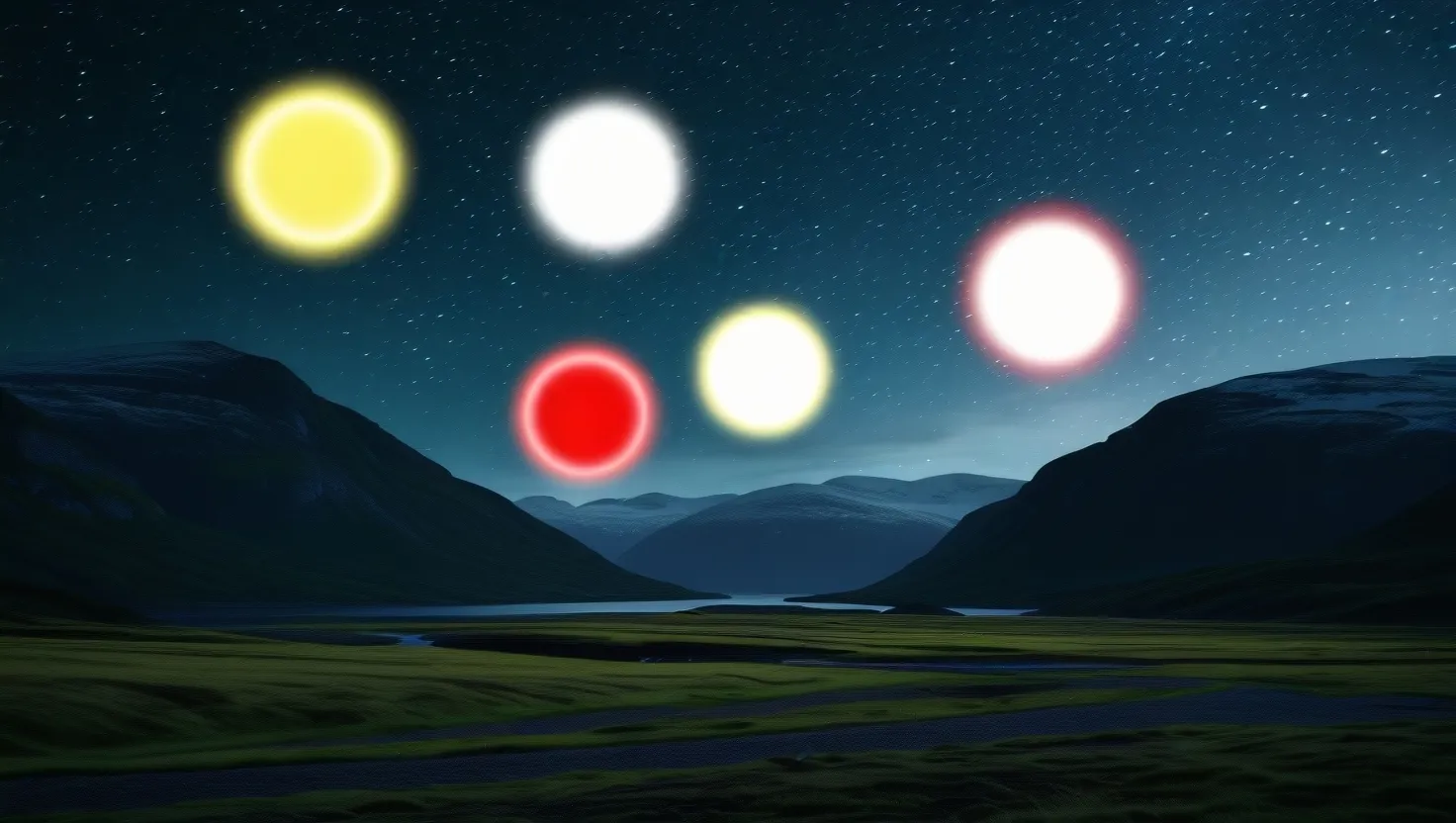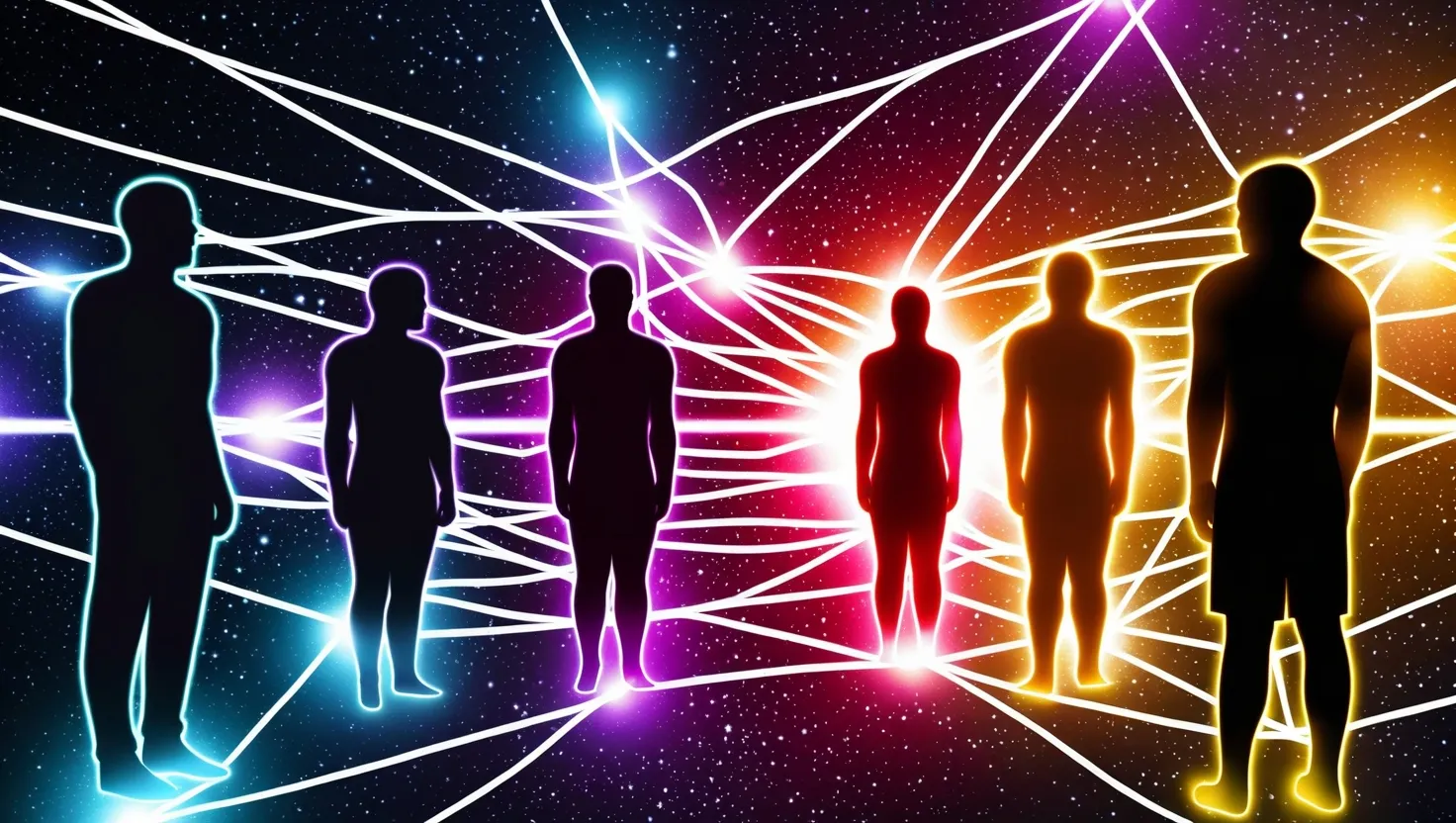Secrets, Leaks, and National Security: The Hidden World of Classified Documents
Ever wonder what juicy secrets are hiding in those top-secret government files? You’re not alone. There’s something irresistible about imagining all the mind-blowing conspiracies and earth-shattering revelations that could be locked away in some dusty Pentagon filing cabinet.
But here’s the thing - sometimes those secrets actually do leak out. And when they do, it’s like opening Pandora’s box. All hell breaks loose as governments scramble to contain the damage while the public gets a rare glimpse behind the curtain.
Take the recent case of Jack Teixeira. This 21-year-old Air National Guard member allegedly decided it would be a brilliant idea to steal hundreds of top-secret documents about the Russia-Ukraine war and post them on Discord for his gaming buddies. Not exactly the smartest move, Jack.
Those documents contained some seriously sensitive intel - we’re talking stuff like casualty numbers, ammo stockpiles, and details on Ukrainian military operations. The kind of information that could get people killed if it fell into the wrong hands. Needless to say, the Pentagon was not thrilled when this started spreading all over social media.
But Teixeira is far from the first person to spill government secrets. This kind of thing has been going on for decades. Remember the Pentagon Papers back in 1971? Daniel Ellsberg leaked thousands of pages exposing all the shady stuff the U.S. was up to in Vietnam. At the time, they tried to nail him for espionage. These days, he’s seen as more of a whistleblower hero type.
Or how about Edward Snowden in 2013? That dude blew the lid off the NSA’s massive surveillance programs, showing how they were snooping on basically everyone’s phone data. Talk about Big Brother watching. Snowden had to hightail it to Russia to avoid prison time.
Then there was Chelsea Manning’s massive Wikileaks dump in 2010. She released a treasure trove of classified docs on Iraq, Afghanistan, and U.S. diplomacy. One of the most shocking things was video footage of a U.S. helicopter gunning down civilians in Baghdad. Manning got slapped with a 35-year prison sentence before Obama commuted it.
Now, you might be wondering - why all the secrecy in the first place? Why can’t the government just be open about everything? Well, it’s complicated. There are definitely valid reasons to keep some things under wraps.
Take those Ukraine war documents Teixeira leaked. That kind of tactical info could be incredibly valuable to Russia. It gives them insight into Ukrainian military capabilities, troop movements, weak points in their defenses. Not exactly the kind of intel you want falling into enemy hands in the middle of a war.
Exposing classified info can also compromise intelligence sources and collection methods. If other countries figure out how the U.S. is getting its intel, they can take steps to block those channels. Suddenly the CIA is flying blind.
There’s also the whole issue of international relationships. Allies share a lot of sensitive information with each other. If the U.S. gets a reputation for not being able to keep secrets, other countries might stop cooperating. After 9/11, some allied intelligence agencies actually refused to share certain info because they were worried about leaks.
So yeah, there are legit national security reasons for classification. But that doesn’t mean the system is perfect. Far from it.
The process for getting security clearance is pretty intense. They do deep background checks, looking at everything from your family to your finances to your criminal record. But even with top-secret clearance, you’re only supposed to have access to info you absolutely need for your job.
That’s why it’s so crazy that a junior airman like Teixeira was able to get his hands on such sensitive documents. How does a 21-year-old cyber tech end up with briefing slides meant for the Joint Chiefs chairman? Something clearly went wrong with the “need to know” principle there.
And don’t even get me started on how these docs are stored and handled. The system Teixeira allegedly took them from is supposed to be one of the most secure in the entire Pentagon. Yet somehow this kid was able to waltz in and start leaking stuff left and right. Not a great look for the military’s cybersecurity protocols.
At the end of the day, a lot of it comes down to human factors. People leak classified info for all kinds of reasons. Sometimes it’s idealistic whistleblowers trying to expose wrongdoing. Other times it’s more personal - maybe they’re disgruntled, or looking for fame and attention.
In Teixeira’s case, it sounds like he might have just been showing off to impress his online buddies. Which, if true, is a pretty dumb reason to potentially spend the rest of your life in prison. The consequences for this kind of thing are no joke.
Leakers often get hit with espionage charges carrying decades-long sentences. And that’s on top of the damage they do to national security and international relations. Even high-profile figures aren’t immune - just look at the whole mess with Trump and those classified documents at Mar-a-Lago.
So where does all this leave us? It’s a tricky balancing act between security and transparency. On one hand, the public has a right to know what their government is up to. Leaks have exposed plenty of shady dealings and abuses of power over the years.
But on the flip side, there are very real risks to national security when sensitive info gets out. It’s not just abstract policy debates - leaked intel can put lives in danger and compromise vital operations.
As much as we might wish for total government transparency, the reality is that some level of secrecy is probably necessary in today’s world. The challenge is finding that sweet spot - maintaining essential confidentiality while still having proper oversight and accountability.
It’s a debate that’s been raging since the earliest days of classified documents. Even during World War I, there were arguments about what info should be kept secret and what should be shared with the public.
These days, with the internet and social media, it’s harder than ever to keep a lid on sensitive data. But that just makes it all the more important to have robust systems in place to protect truly vital secrets.
At the same time, we need strong whistleblower protections and mechanisms for exposing genuine wrongdoing. It’s a delicate balance, but an essential one for a healthy democracy.
So next time you hear about some sensational government leak, take a moment to consider the complexities involved. There’s usually more to the story than just salacious headlines or conspiracy theories.
Sure, it’s fun to imagine what wild secrets might be hidden in those classified files. But the reality of safeguarding national security while maintaining public trust is a lot messier and more nuanced.
In the end, maybe the biggest secret is just how difficult it is to keep secrets in the modern world. As technology evolves and global tensions shift, the challenges of information security will only get more complex. It’s a cat-and-mouse game with incredibly high stakes.
So yeah, classified documents will probably always pique our curiosity. There’s an undeniable allure to forbidden knowledge. But it’s worth remembering that sometimes, what we don’t know can’t hurt us - and what we do know just might.






